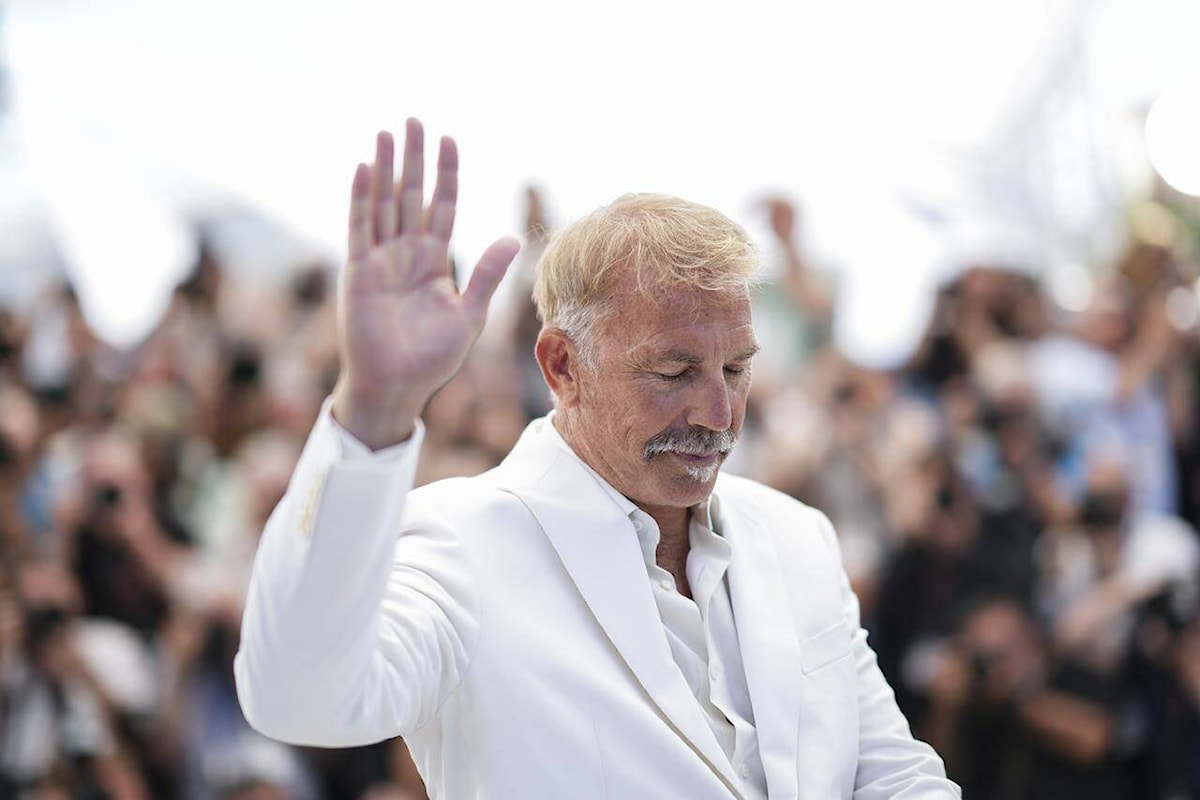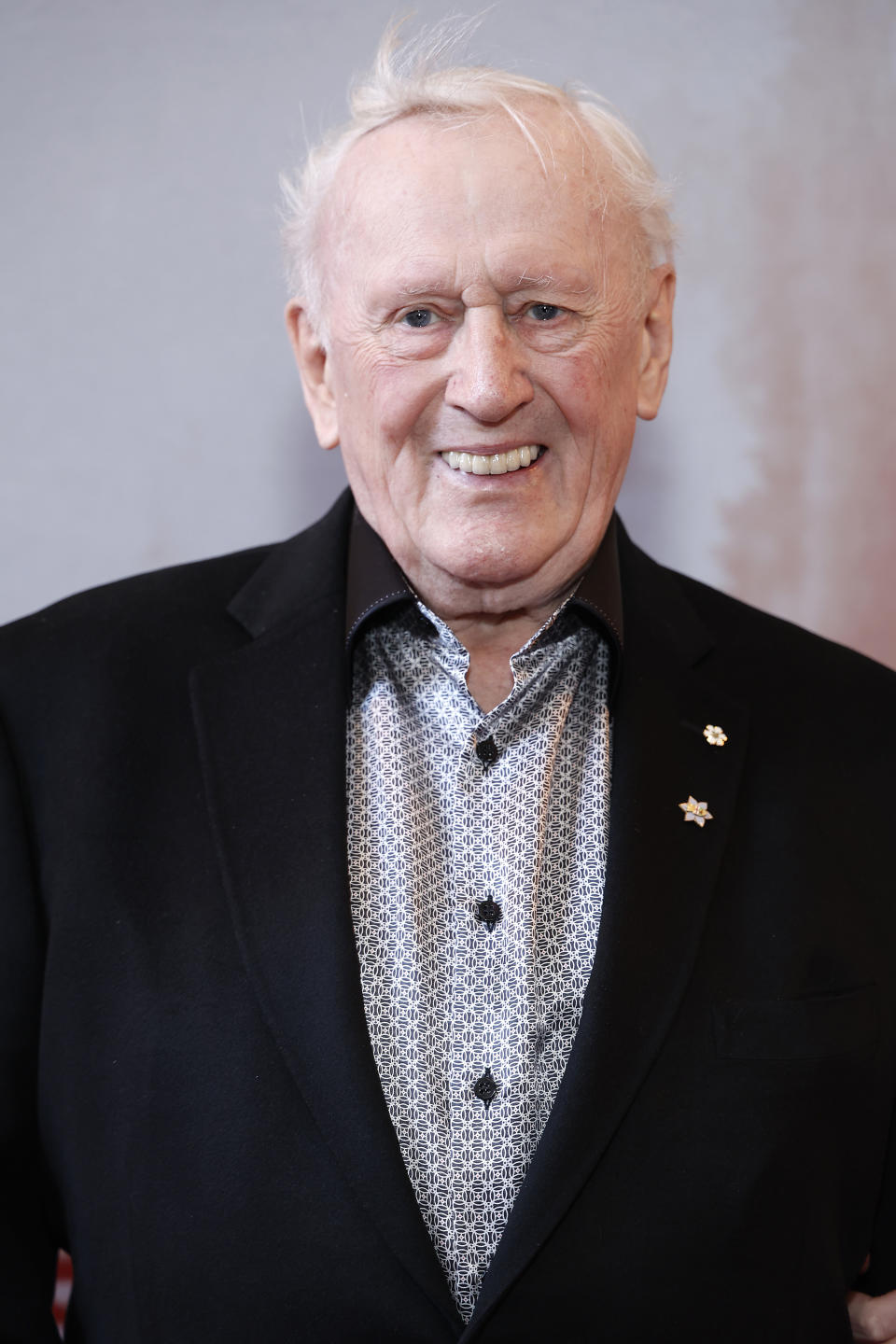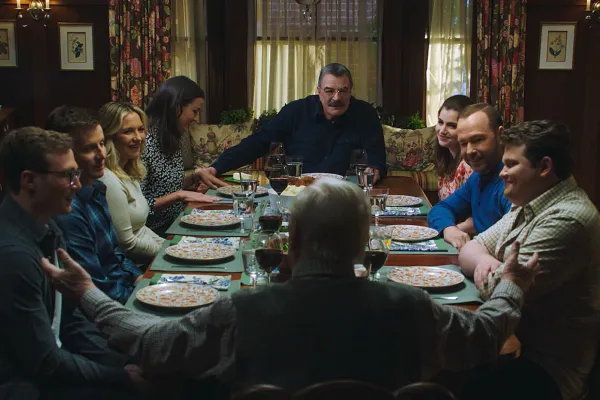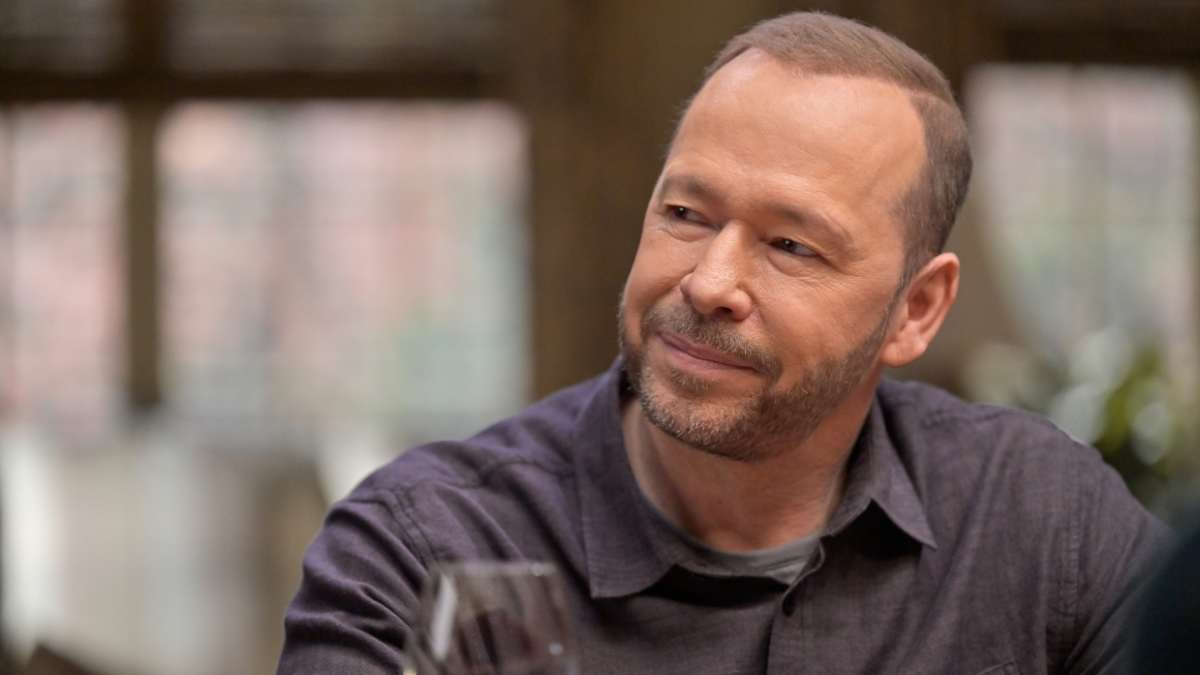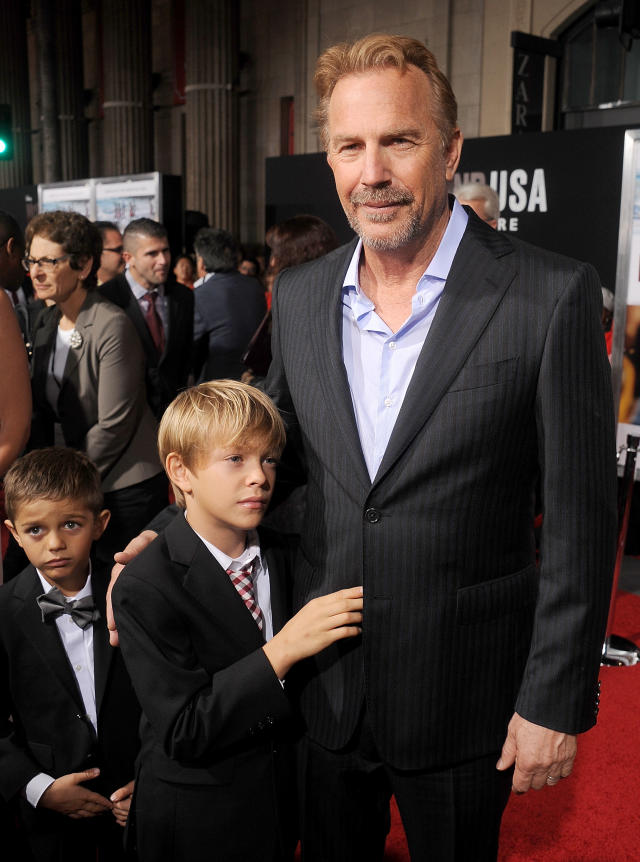Introduction In recent years, Yellowstone, starring Kevin Costner, has become a cultural phenomenon, resonating with millions across the United States. It’s not just a TV show; it’s a lens through which the struggles, resilience, and identity of modern America come into focus. Here’s a look at how Yellowstone captures the heart and complexity of the American experience.
1. The Battle for Land and Legacy At the core of Yellowstone is the Dutton family’s struggle to maintain their ranch, which has been passed down through generations. This ongoing battle for land reflects America’s own history with territory, legacy, and the significance of passing something meaningful down to future generations. For many viewers, it mirrors the importance of preserving heritage in a rapidly changing world where land, culture, and history seem constantly under siege.
2. The Rural vs. Urban Divide In the world of Yellowstone, there is a distinct clash between rural and urban values, with the ranch representing a way of life that feels increasingly threatened by urban expansion and modernization. This resonates with a large portion of America that feels left behind by the rapid pace of urban development and industrialization. The show explores the tension between preserving the rural way of life and adapting to a world that often feels dismissive of traditional values.
3. The Modern Cowboy Ethic Costner’s portrayal of John Dutton reflects a rugged individualism that’s deeply rooted in American culture. His character embodies the “cowboy ethic”—a mix of hard work, resilience, and honor. In an era when these values sometimes feel forgotten, Yellowstone revives the mythos of the American cowboy, reminding viewers of the timeless appeal of self-reliance, responsibility, and loyalty.
4. Environmental Concerns and Conservatism The show also highlights the delicate balance between economic development and environmental preservation. The Duttons must fend off corporations eager to exploit the land for profit, a narrative that reflects contemporary debates over natural resources. This issue resonates deeply with Americans who care about protecting the land but also feel conflicted over the economic challenges that often come with conservation efforts.
5. Family, Honor, and Loyalty One of the most universal themes in Yellowstone is family. The Dutton family’s fierce loyalty to one another, despite their flaws and differences, is something many Americans can relate to. It showcases a vision of family as a source of strength and resilience, even when tensions arise. The loyalty and sacrifices within the Dutton family mirror the connections and sacrifices that define families across the country.
Conclusion Yellowstone taps into America’s collective consciousness, exploring themes that resonate across the nation. By highlighting the tensions between tradition and change, the show reflects the challenges of modern American identity. Through Yellowstone, Kevin Costner and the cast bring to life a story that speaks to the heart of what it means to be American—rooted in legacy, resilience, and an unyielding spirit. In a world that is rapidly changing, Yellowstone serves as a reminder of the values and struggles that have long defined the American mindset.
